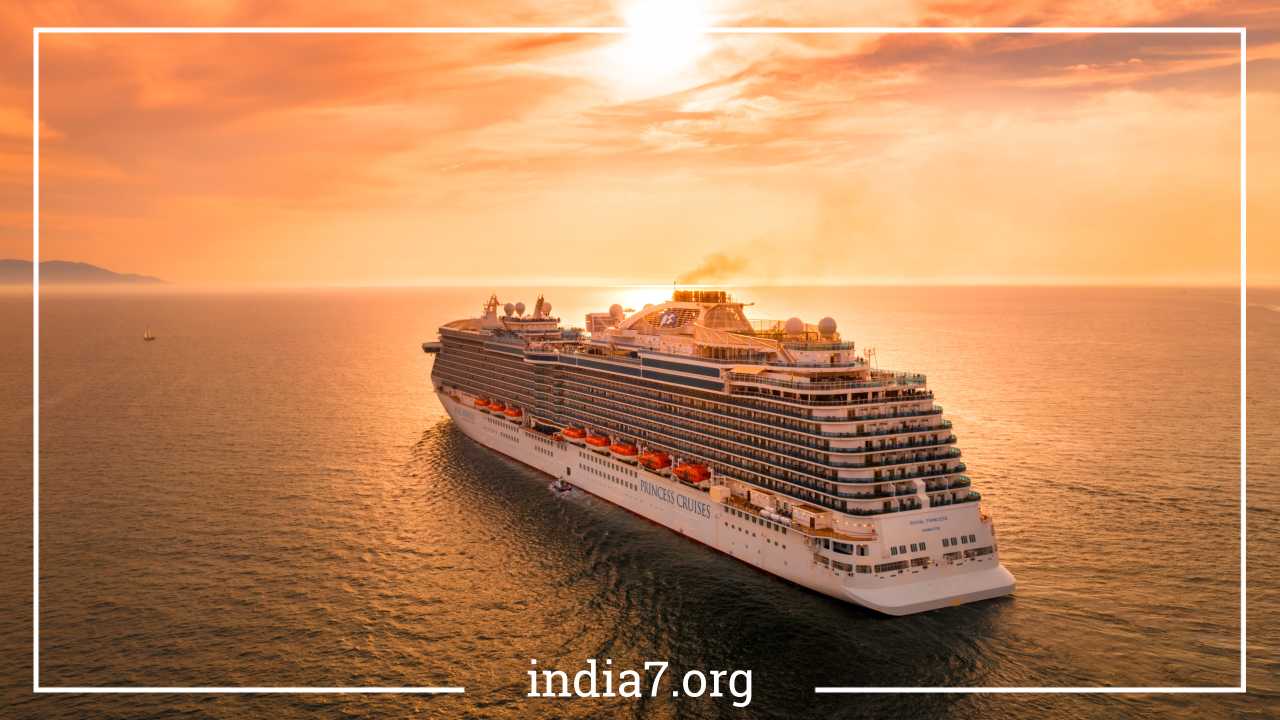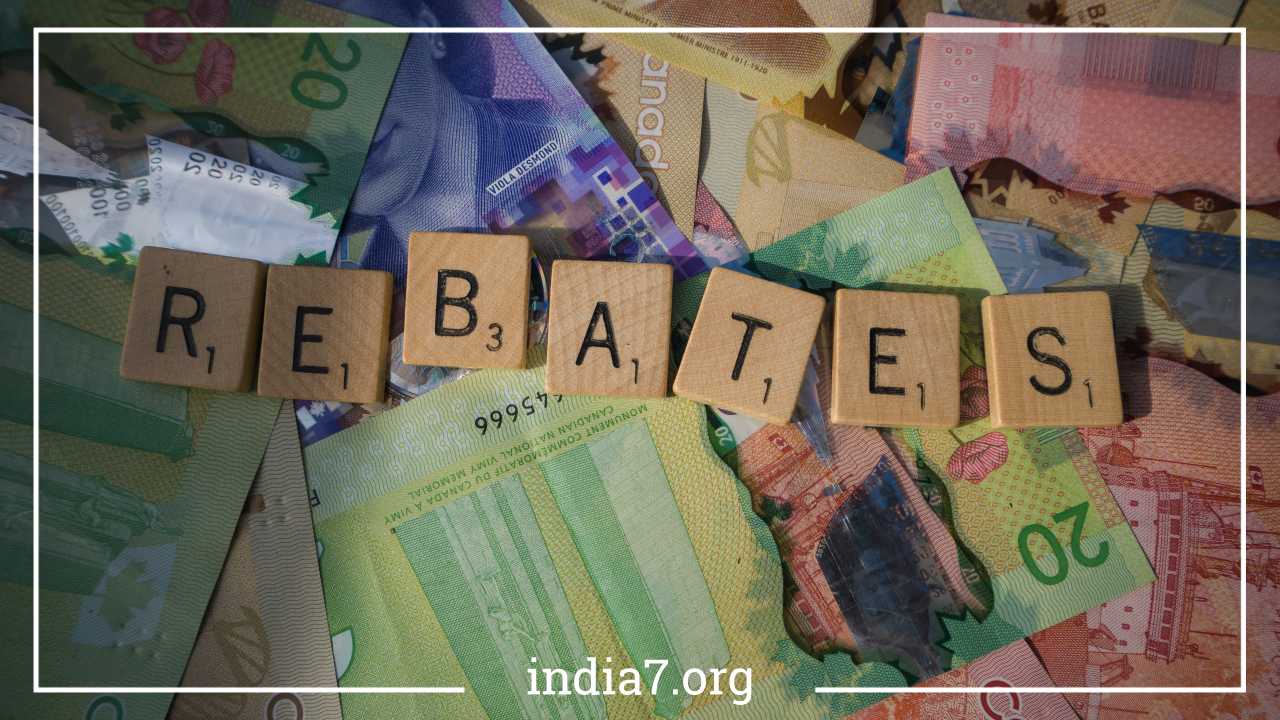Travel Tips for Exploring Ireland: A Comprehensive Guide

Ireland
Ireland, known as the Emerald Isle for its lush green landscapes, rich history, and warm hospitality, is a top destination for travelers seeking a unique and enchanting experience. From its vibrant cities to its serene countryside, Ireland offers a diverse range of attractions and activities. In this extensive guide, we will delve deeper into travel tips for exploring Ireland, covering various aspects of your journey.
About The Country: Ireland, located in Northwestern Europe, is renowned for its captivating beauty and ever-changing weather. Understanding the climate and knowing what to pack is essential for a comfortable visit.
- Weather and Clothing:
- Ireland experiences warm summers and moderate winters with occasional snowfall. May and June are the sunniest months, making them ideal for outdoor activities.
- However, the weather can be unpredictable, with frequent shifts from cloudy to sunny and vice versa. It’s advisable to be prepared for rain at any time.
- During the summer, lightweight woolen or cotton clothing is recommended. A jacket is useful for the cooler spring and autumn months.
- Always carry a raincoat or a waterproof jacket to shield yourself from untimely showers.
- Emergency Numbers:
- In case of emergencies, it’s crucial to know the emergency contact numbers. In Ireland, dial 999 or 112 for assistance.
Culture: Understanding the culture and social norms of a destination is essential for a respectful and enjoyable visit. Here’s a glimpse into Irish culture:
- Language:
- English is the primary language spoken in Ireland. However, you may also encounter the Irish language, Gaelic, particularly in more rural areas.
- Greetings and Social Interaction:
- Handshaking is a customary greeting in Ireland, and it’s a polite way to introduce yourself.
- Irish people are known for their social nature and are friendly and approachable. Don’t be surprised if strangers strike up lively conversations with you.
- Guests are always warmly welcomed, and hospitality is a significant part of Irish culture. You’ll often find that you’re never sent away hungry, as food is readily offered at any time of day.
- Family and Meals:
- Irish families place great importance on spending time together, especially during mealtime.
- Dinner is considered a vital meal, as it provides an opportunity for the entire family to gather and share stories.
- When dining out, you can dress casually for street outings. However, women are generally expected to dress more formally for social gatherings and upscale restaurants.
- Smoking Regulations:
- Smoking is banned in public places in Ireland. Be mindful of designated smoking areas and adhere to the regulations to respect local customs and laws.
Shopping: Exploring local markets and shops is an excellent way to immerse yourself in the culture and find unique souvenirs. Here are some shopping tips:
- Flea Markets:
- Many towns in Ireland organize flea markets at least once a week. These markets are worth checking out if you’re looking for affordable goods and local crafts.
- Shopping in Belfast:
- Belfast is considered the shopping capital of Ireland. Most stores in Belfast open early and close early as well, except on Thursdays when they stay open until 8 PM.
- Value Added Tax (VAT):
- Ireland imposes a Value Added Tax (VAT) of approximately 17% on goods. However, as a visitor, you can reclaim this tax later.
- To do so, check if the store participates in the Retail Export Scheme. This scheme requires you to present your passport and complete a Tax Free Shopping Form provided by the salesperson.
- Tipping Etiquette:
- When dining at a restaurant, if your bill doesn’t include taxes, it’s customary to leave a 10% tip to show appreciation for the service.
- Additionally, it’s customary to tip porters and hairdressers for their services.
Electricity: Understanding the electrical standards in Ireland ensures you can use your electronic devices without any issues.
- The voltage in Northern Ireland is 240V, with a frequency of 50Hz. If your devices have different voltage requirements, consider bringing voltage converters or adapters.
Getting There: Arriving in Ireland is the first step in your adventure. Here’s some information to help you plan your journey:
- National Airline:
- The national airline serving Ireland is Aer Lingus, which offers flights from most major cities worldwide.
- Promotional Airfares:
- Keep an eye out for promotional airfares and discounts offered by various airlines. These deals can significantly reduce your travel expenses.
- Flights from the UK:
- Ireland is easily accessible from the United Kingdom, with several flights connecting the two regions.
- Airports:
- Dublin Airport is the primary international gateway, located just 10 kilometers away from the city center. It offers various transportation options, including taxis, air coaches, and buses.
- The airport also features amenities such as duty-free shops, banks, currency exchange services, car rental facilities, tourism information desks, and a selection of restaurants for a comfortable journey.
- Shannon Airport, located to the north of Limerick City, is another major entry point to Ireland. Buses, coaches, and taxis are available for transportation, and it also offers duty-free shops, currency exchange services, a bank, tourism information, and dining options.
- While planning your travel, consider other airports like Cork Airport and Knock International Airport for more options.
- Departure Tax:
- At Knock International Airport, passengers over 12 years old are required to pay a €10 departure tax, so be prepared for this additional cost.
Ferry Travel: Exploring Ireland by ferry can be a unique and picturesque experience. Here are some key details:
- To access ferry services, you can check out ports such as Baltimore, Galway, Dublin, Wexford, and Kinsale.
- Many ferry operators offer high-speed services, making it a convenient way to travel between Ireland’s coastal destinations.
- Keep an eye on special offers and discounts announced by ferry companies, as they can help you save money on your travels.
- Some ferry operators also provide online booking facilities, so explore their websites for convenience.
Duty-Free Items: Understanding duty-free allowances is essential for travelers who wish to shop for tax-free goods. Here are the duty-free guidelines for Ireland:
- Age Requirement:
- To purchase duty-free items, travelers must be 17 years of age or older.
- Alcohol and Tobacco:
- You can bring the following duty-free items into Ireland:
- 200 cigarettes or 100 cigarillos or 50 cigars or 250 grams of tobacco.
- 1 liter of spirits and distilled beverages with an alcohol content of more than 22%, or 2 liters of other alcoholic beverages with an alcohol content not exceeding 22%. This includes sparkling or fortified wine, along with 2 liters of table wine.
- 50 grams of perfume and 250 milliliters of eau de toilette.
- You can bring the following duty-free items into Ireland:
- Prohibited Items:
- Ensure that you do not bring prohibited items, including sharp objects, explosives, firearms, food or agricultural items, hay, or straw, as they are strictly prohibited and may lead to legal consequences.
In this guide, we have covered essential travel tips for exploring the captivating country of Ireland. Whether you’re drawn to the bustling streets of Dublin, the scenic beauty of the countryside, or the warm embrace of Irish culture, your journey to Ireland promises unforgettable experiences. As you embark on your adventure, remember to respect local customs and traditions, stay safe, and savor every moment of your Irish exploration. Sláinte! (Cheers!)



